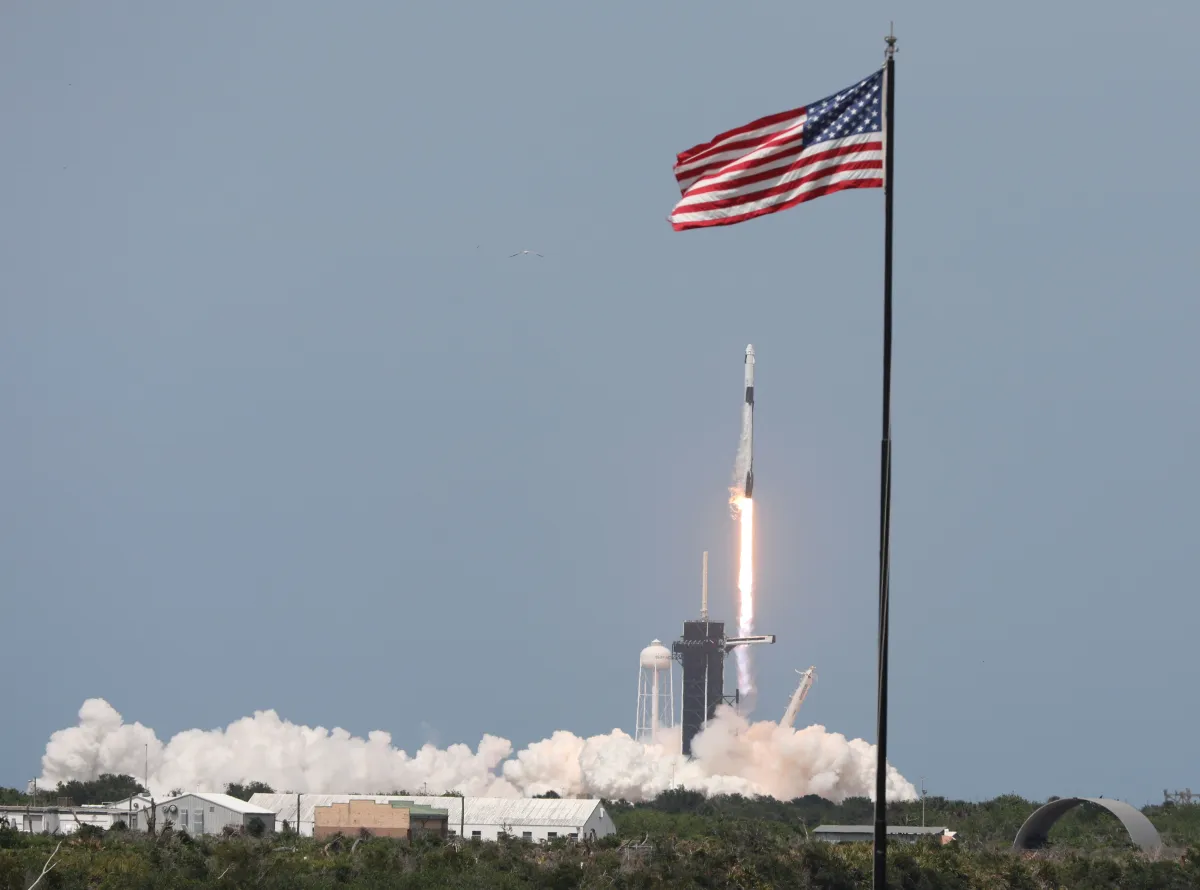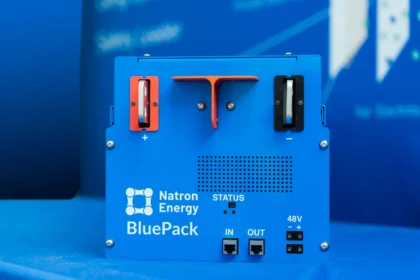Five years ago, investor Katelin Holloway made what she now calls a “moon shot” bet. As a founding partner at venture firm Seven Seven Six, she admits her team had “no clue” about rocket science when reusable launch startup Stoke Space pitched them. Still, they invested.
Since then, Holloway has backed other ambitious projects like Interlune, which aims to harvest helium,3 from the moon for use in quantum computing and medical imaging. She acknowledges the skepticism but says her journey reflects a broader shift in venture capital, where more generalist investors are backing space ventures. According to PitchBook, global VC funding in space technology hit $4.5 billion across 48 companies as of July, more than four times the 2024 figure.
The trend is fueled by cheaper launch costs from companies like SpaceX, making orbit more accessible for startups focused on applications like climate monitoring, intelligence, and communications. Investors are also betting on orbital logistics, satellite servicing, lunar infrastructure, and in-space manufacturing. Holloway highlights the appeal of ventures that combine space and climate tech to avoid repeating Earth’s environmental mistakes.
Geopolitical concerns add momentum. With China advancing its space capabilities, U.S. defense-related startups are attracting significant funding. Defense spending offers investors reassurance, with the U.S. government serving as a reliable customer. Startups such as True Anomaly, which raised $260 million in July, and K2 Space, which secured $110 million in February, are proof of the growing defense angle. Interlune’s helium,3 project even has national security implications.
Related:SpaceX Tests Starship Fault Tolerance in 10th Flight, Pushing Toward Full Reusability
AI is another catalyst. In March, Fire Sat, a partnership between Google, Earth Fire Alliance, and Muon Space, launched its first wildfire detection satellite, with plans for 50 more. Earth imaging operator Planet Labs is teaming up with Anthropic to analyze geospatial data.
Unlike past space ventures that required decades to generate returns, VCs now expect liquidity within standard 10-year horizons. Public markets are already showing interest. Voyager went public in June with a $1.9 billion market cap and an 82% first-day gain, while Karman Space & Defense has seen its shares climb 60% since listing in February.
For Holloway, potential exits for companies like Interlune range from acquisitions by aerospace or defense giants to energy company takeovers, or even government buyouts.
Her career path, from schoolteacher to Pixar script supervisor to Reddit’s VP of People & Culture to VC, underscores that space startups need operational expertise as much as engineering talent. “At the end of the day, a company is a company,” Holloway says. “If you’re bringing humans together to build something hard, you need someone with a background in building strong companies.”
While the space economy still faces major risks and regulatory hurdles, one thing is clear: space is no longer just for rocket scientists. With cheaper launches, defense dollars, AI, and compressed return timelines, venture capitalists are helping to turn the final frontier into the next big startup sector.







